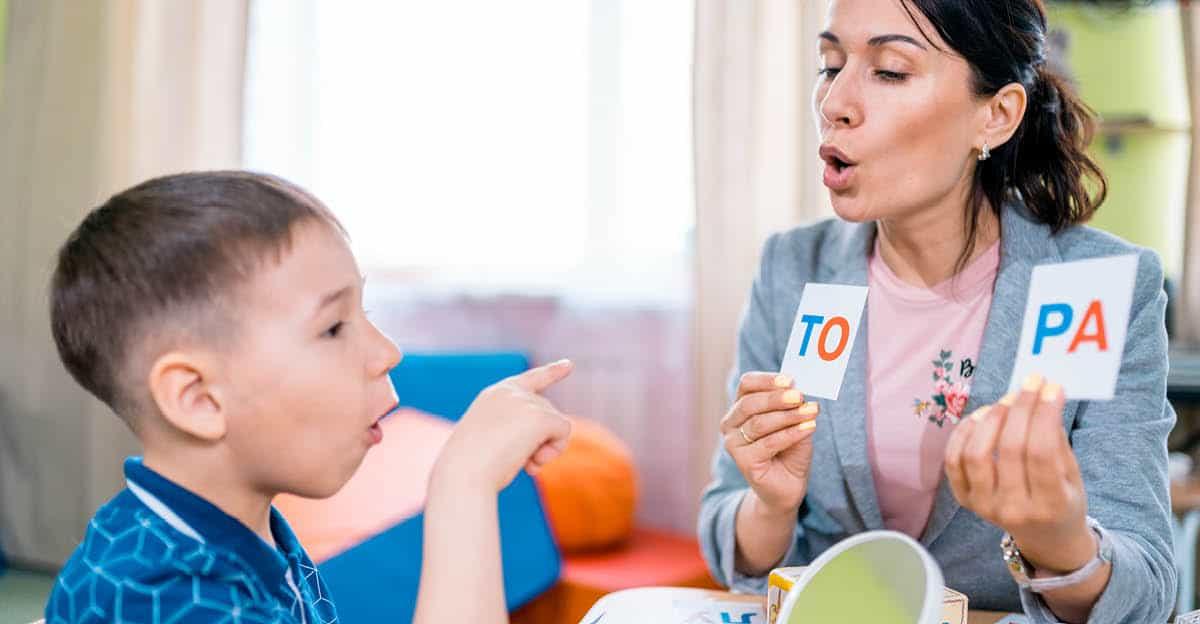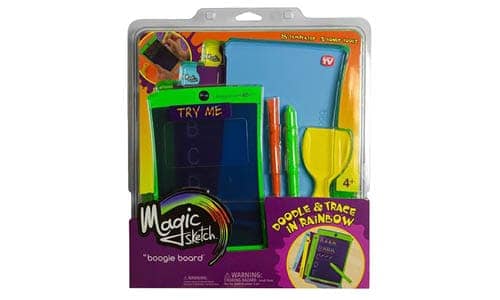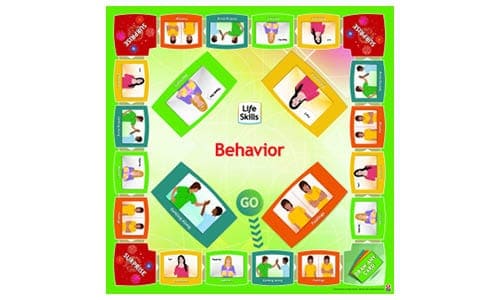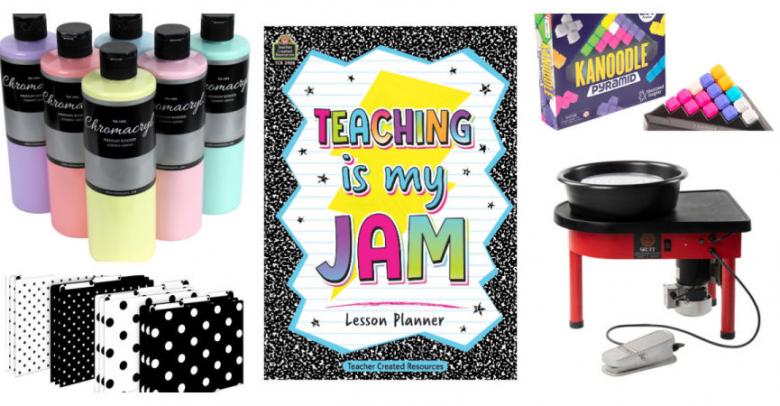May is Better Hearing & Speech Month. For all ages and stages, the ability to effectively communicate and understand language is critical to a well-balanced life.
Students with special needs may struggle with both expressive and receptive language skills. Some may have auditory processing issues so differentiating sounds like the “ch” in chore and the “sh” in show is an issue.
They may also have trouble tuning out background sounds in the classroom (running HVAC unit, computers, shuffling papers, etc.) to be able to effectively hear the teacher. Other students may understand language adequately but have difficulty with either verbal or written expression skills or struggle with adequate social skills etiquette.
5 Tips for Enhancing Communication Skills in the Classroom
A thorough evaluation from a Speech Language Pathologist (SLP) is key to first identify strengths, skills and needs. An SLP is a critical team player to help provide recommendations for reasonable accommodations and modifications in the classroom as well as provide individual or group therapy services as needed.
In general, here are a few tips to enhance communication skills in the classroom:
- For younger students that are having articulation issues, bring the object closer to your mouth to allow the child to see your speech production of the object. Characters like the Fruit Garden Heroes , the Zoo Animal Set or your own set of everyday items make for good daily practice in circle or story time.
- Many students with special needs need practice with communication behavior (managing feelings, knowing basic manners, understanding spatial boundaries with conversation etc.). Simple behavior board games may provide a safe and fun outlet to practice in addition to promoting cooperation and turn taking.
- Students with auditory processing issues or mild hearing impairments may benefit from a portable wireless listening system that helps amplify the teacher’s voice while reducing distracting background sounds.
- Boogie Board ewriters are a fast and affordable option for quick written communication skills and/or make terrific supplements to learning printing or cursive writing.
- For students who are non- verbal, low tech speech generating devices like the Go Talk series or the Sound Bank Mirror are super easy to program and use to encourage basic communication.
More Classroom Inclusion Tips and Resources
Awareness of expressive and receptive language skill challenges is the first step in creating change that can help all students listen and communicate more effectively. For more information on product solutions visit the Special Needs online store. There you’ll find tools and classroom solutions for helping students to achieve their potential in the classroom.
Shop: Language & Communication Solutions
Cecilia Cruse
Cecilia Cruse, MS, OTR/L has a BS degree in Occupational Therapy from the University of Florida, and her Master’s degree in Education from Georgia State University. She is SIPT certified and has over 25 years of experience in pediatrics with school-based services, acute care, and outpatient pediatric settings.









Leave a Reply